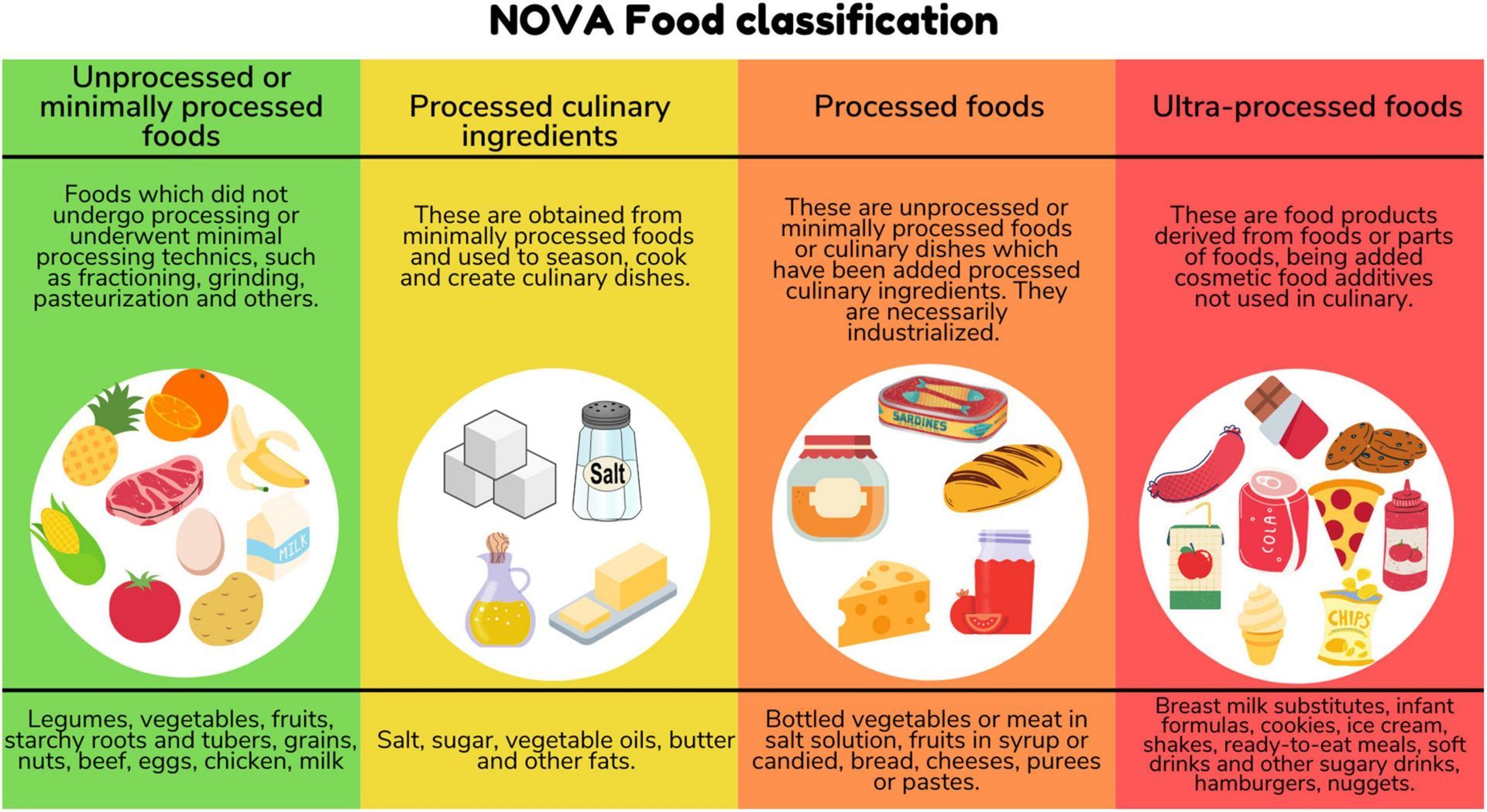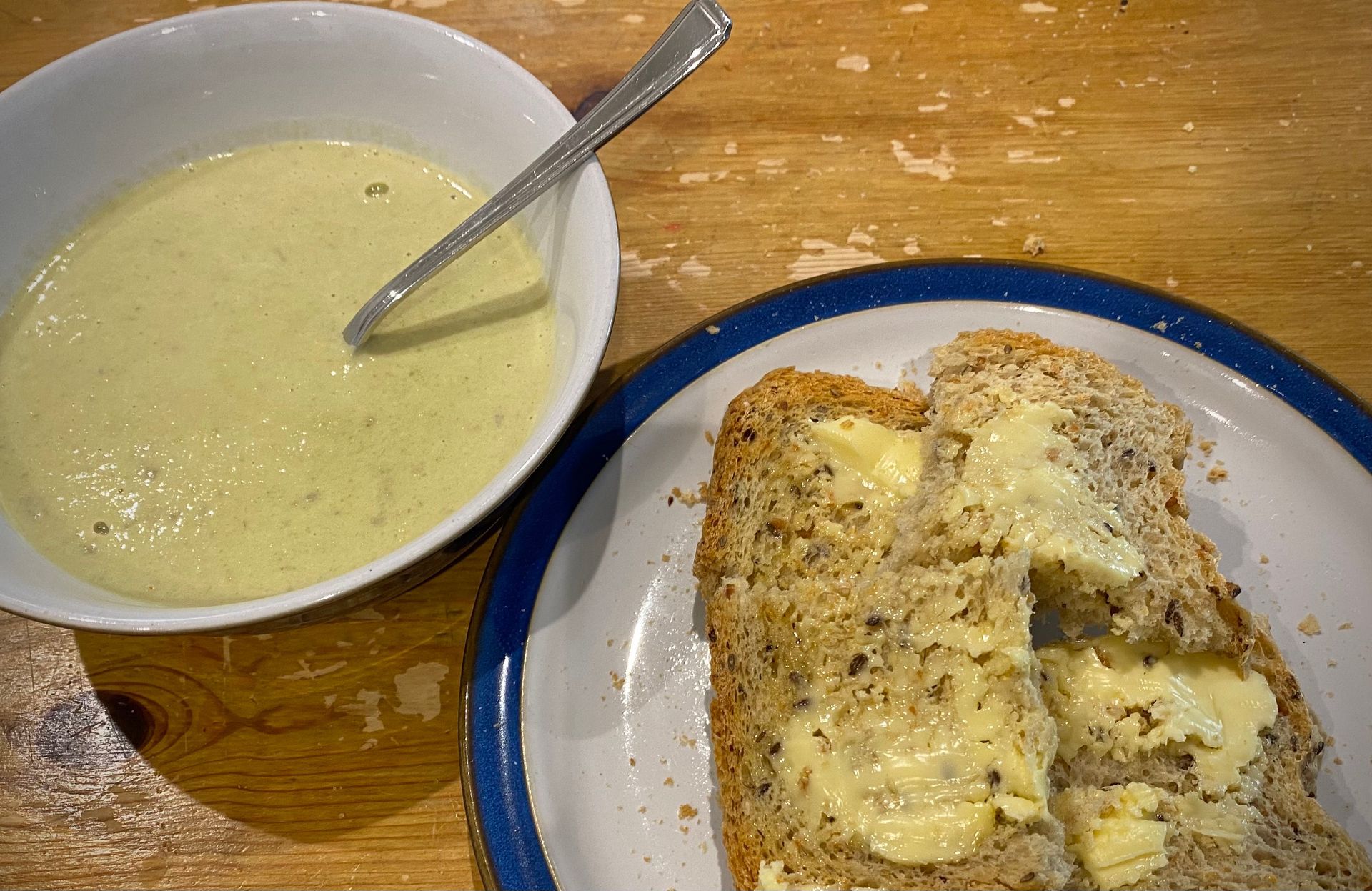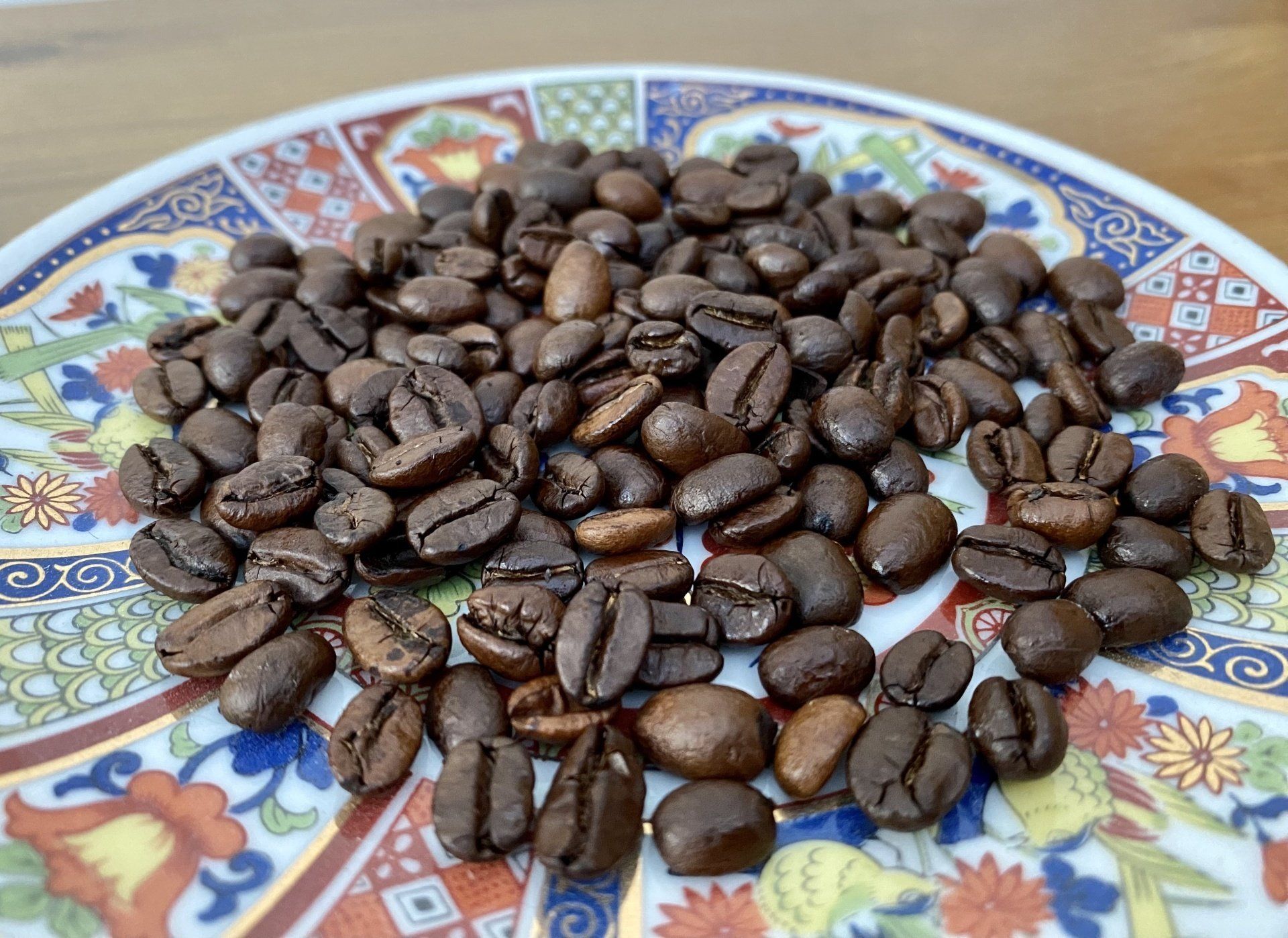Nutritional Choices
What's all the fuss about ultra-processed foods?

A basic of wellbeing is making sure you are nourishing yourself with adequate food. In practice, in today’s world, this can be much harder than you think.
Doctors and scientists are starting to become increasingly aware of just how toxic our current food environment is. It leads to us being overweight and undernourished at the same time. So, how is this happening?
There are many excellent books on this subject so this won’t be a detailed explanation - I particularly recommend Dr Chris van Tullekan’s book Ultra Processed People for an accessible introduction. But the simple fact is that increasingly, we aren’t eating things we make ourselves from ingredients. We are eating foods that are manufactured and are made mostly from substances extracted from foods, such as fats, starches, added sugars, and hydrogenated fats. They may also contain additives like artificial colours and flavours or stabilisers.
They are designed by food manufacturers to appeal to our senses of taste and texture, and as a result we crave them and eat more of them. Good news for profits and bad news for us, because this can make us over eat, interfere with our sense of balance, and encourage us to eat more of the things that contain less useful nutrition to fuel our bodies.
The easiest way to spot ultra processed food is simply to look at the ingredients list. If it contains a substance you can’t buy separately in the supermarket, it’s ultra-processed. For example, in my favourite oat based milk substitute, I find the following: Water, Oats (10%), Sunflower Oil, Chicory Root Fibre, Tricalcium Phosphate, Maltodextrin, Sea Salt, Stabiliser: Gellan Gum. Good luck with finding gellan gum - and what does it do anyway? Well, it contributes to the gloriously creamy texture, and the maltodextrin gives it that sweet flavour. It is absolutely delicious and it’s marketed in packaging that makes it look environmentally friendly and healthy, so what’s not to like?
Recent data suggests that for most of us, 60% of our calories are consumed through ultra processed foods, and for children it is as high as 80%. And the evidence is stacking up that this diet is bad for our health, not just our physical health but also our mental health.
There is lots more research to come on this of course, but part of me feels that this should be obvious to us. If we rush and don’t choose ingredients or take time to assemble our food, we are much less likely to make good choices. If we are forever driven by a quick hit of pleasure, how can we ever appreciate the rhythms of life? If every meal is a delicious explosion of perfect textures and flavours, how will we ever know when we have had enough?
So, if you are feeling overwhelmed generally, it might be a useful project to start by slowing down on that most basic of human survival necessities, and eat some good old fashioned unprocessed food!










